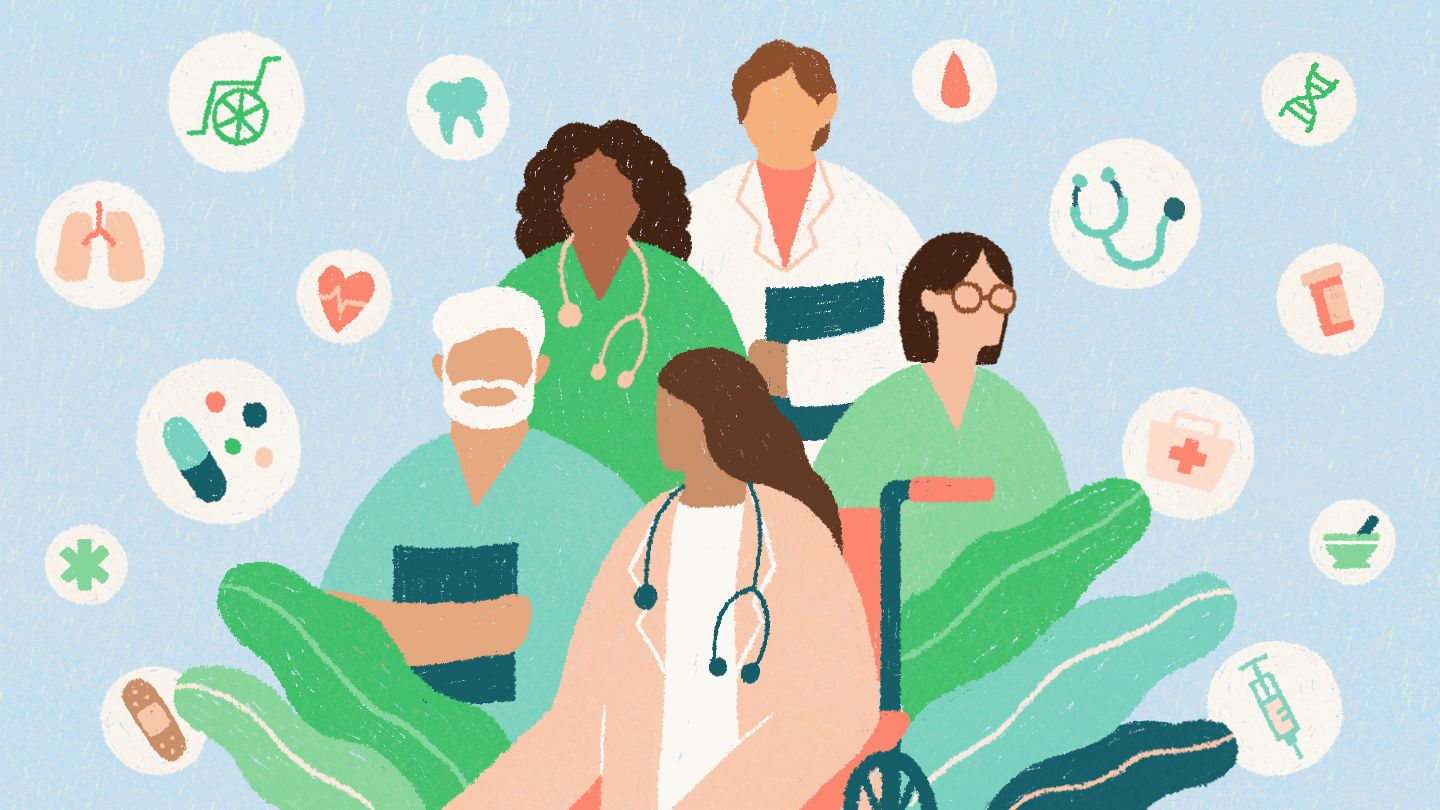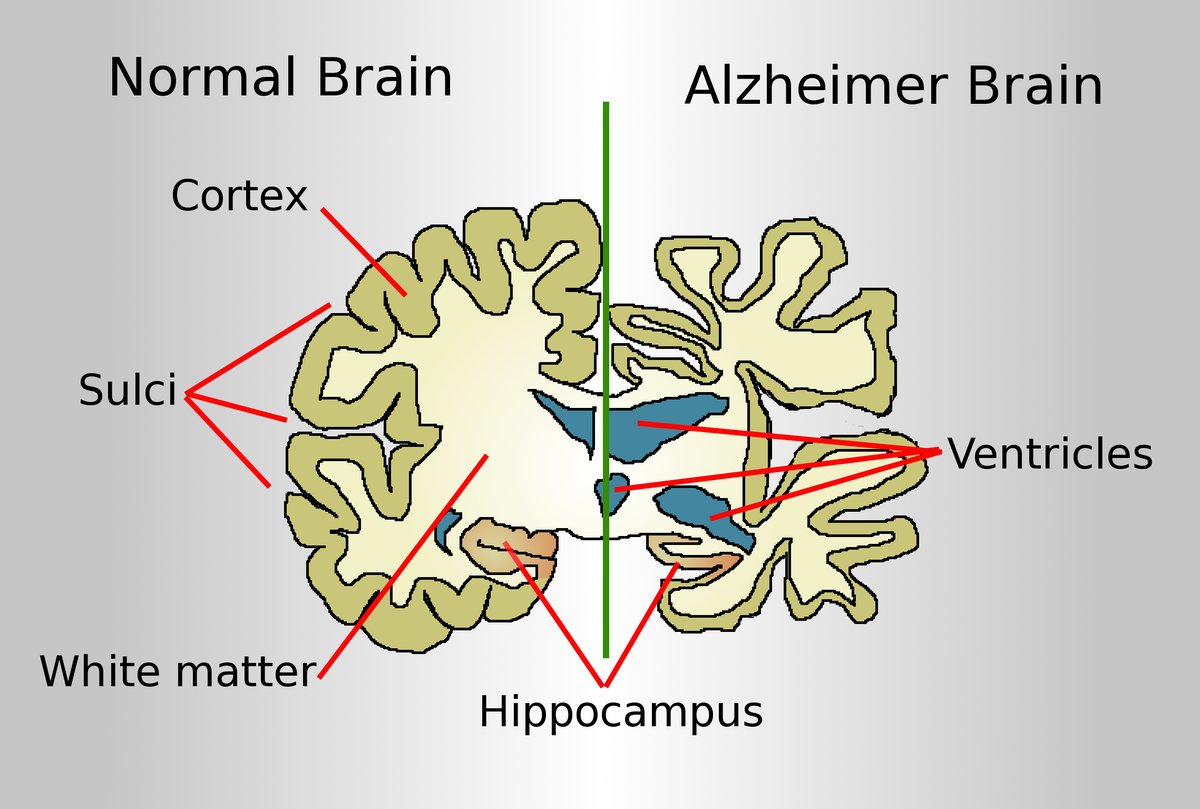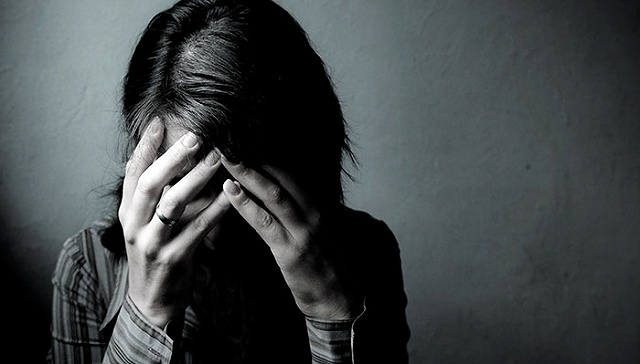COVID-19 vaccine and immunization: what is vaccination?
COVID-19 vaccine and immunization: what is vaccination?
What is vaccination?
Vaccination is a simple, safe and effective way to protect you from harmful diseases before you are exposed to them. Vaccinations use your body’s natural defense mechanisms to build resistance to specific infections and to boost your immune system.
Vaccines train your immune system to produce antibodies, just like exposure to a disease. However, because vaccines contain only inactivated or attenuated forms of viruses or bacteria, they do not cause disease or put you at risk for complications.
Most vaccines are given by injection, but some are given orally or sprayed into the nose.
How do vaccines work?
Vaccines reduce the risk of disease by working with your body’s natural defenses to build protection. When vaccinated, your immune system responds by being able to.
Recognize an invading virus or bacteria.
Produce antibodies, proteins that the immune system naturally produces to fight disease.
Remember about the disease and how to fight it. If you are exposed to the same germ in the future, your immune system will quickly destroy it before you get sick.
Therefore, vaccines are a safe and smart way to cause an immune response in the body without causing disease.
Our immune system has a memory function. Once exposed to one or more doses of a vaccine, we usually maintain our resistance to disease for years, decades, or even a lifetime. This is what makes vaccines so effective. Vaccines are not meant to treat us after we get sick, but to prevent us from getting sick in advance.
Why is it important to get vaccinated?
Without vaccines, we are at risk for serious illness and disability from diseases such as measles, meningitis, pneumonia, tetanus and polio. Many of these diseases can be life-threatening. The WHO estimates that childhood vaccines alone could save more than 4 million lives each year.
Although some diseases may have become uncommon, their causative agents continue to spread in some or all parts of the world. In today’s world, infectious diseases can easily cross borders and infect any unprotected person.
The two main reasons to get vaccinated are to protect ourselves and those around us. However, not everyone can be vaccinated; for example, young infants, people with serious illnesses or certain allergies cannot be vaccinated and must rely on others to be vaccinated to ensure they do not contract vaccine-preventable diseases.
Are the vaccines safe?
Vaccinations are safe, and side effects of the vaccine are usually small and temporary, such as arm pain or a mild fever. More serious side effects are possible, but are extremely rare.
Any licensed vaccine undergoes multiple phases of rigorous testing before it is approved for use and is periodically re-evaluated after adoption. Scientists are also constantly monitoring information from multiple sources, looking for any signs that vaccines may be causing health risks.
Keep in mind that vaccine-preventable diseases are far more likely to cause serious harm than vaccines. For example, tetanus can cause extreme pain, muscle spasms (jaw cramps) and blood clots, and measles can cause encephalitis (a brain infection) and blindness. Many vaccine-preventable diseases can even lead to death. The benefits of vaccination far outweigh the risks, and without it, more illnesses and deaths would occur.
Are there any side effects of the COVID-19 vaccine?
Like any medication, the vaccine can cause mild side effects such as a low-grade fever, pain at the injection site, or redness. Mild reactions will go away on their own within a few days.
Severe or lasting side effects are extremely rare. The safety of the vaccine should be monitored continuously to detect rare adverse events.





